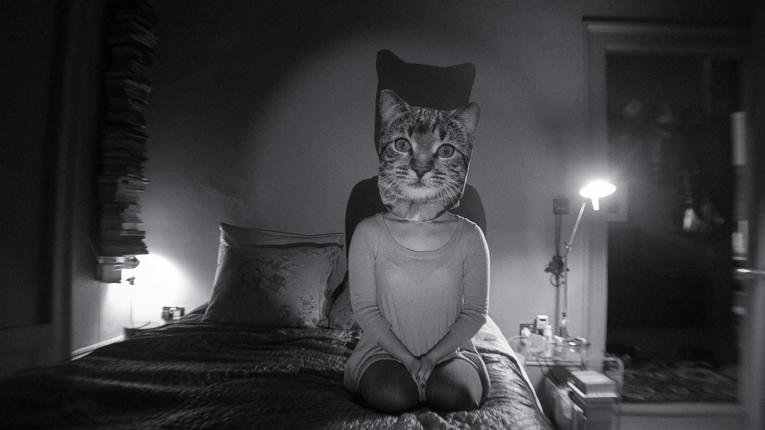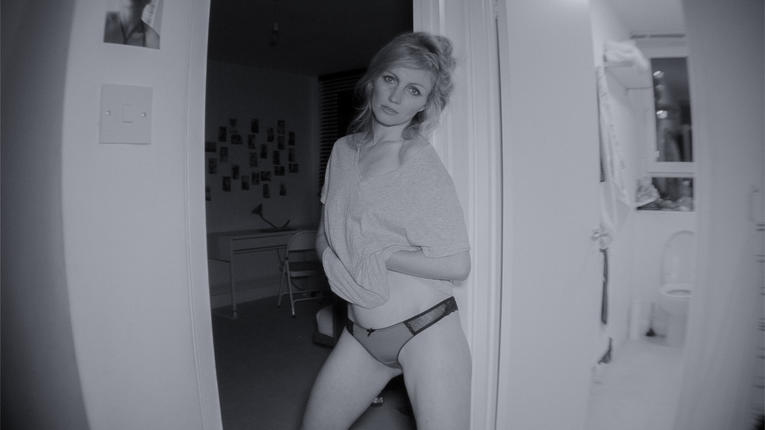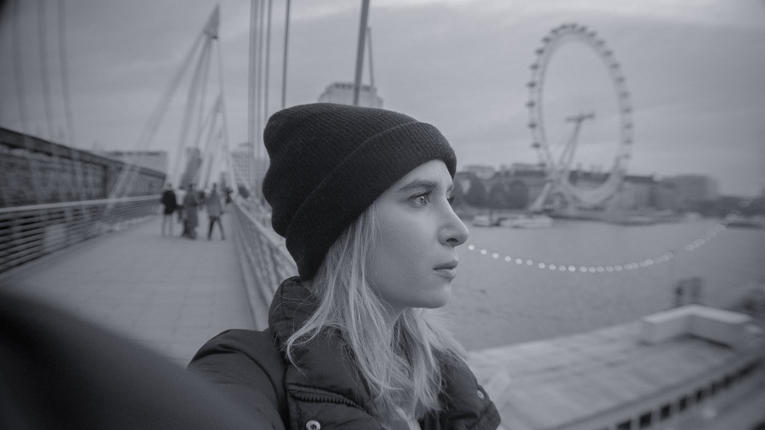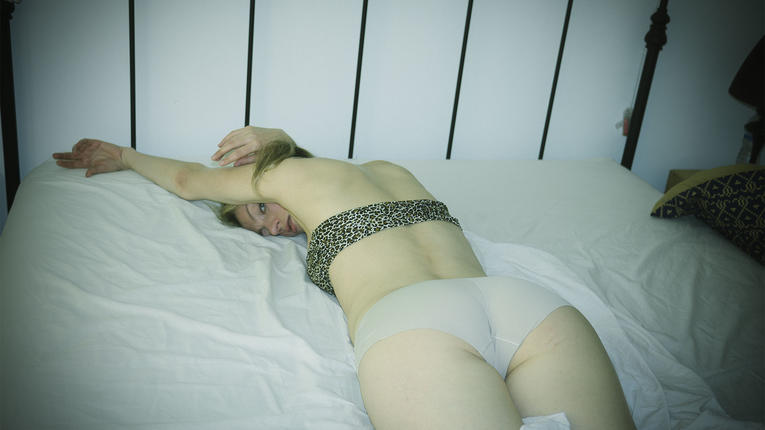
Tara Judah
on Tue 28 May 2019Introducing 'Fiction Documentary': power play in My Friend the Polish Girl
Posted on Tue 28 May 2019
Bending the boundaries of genre far beyond their limits, filmmakers Ewa Banaszkiewicz and Mateusz Dymek have coined a new term for their unique feature debut, My Friend the Polish Girl. The 'Fiction Documentary', as they call it, questions both modes of filmmaking, asking us to think about the ethics and power dynamics at play every time a camera is picked up and aimed at an individual.
When I first saw My Friend the Polish Girl (Thu 30 May, 18:00), at International Film Festival Rotterdam 2018, I was completely blown away. Not only was this film doing something I hadn’t seen before, but it was so masterful and assured as it did it.
As a lover of documentary, I am always suspicious of the means of production and try to take filmmaker ethics and even accidental exploitation into account (even the best of intentions can go awry when makers get too close to their subjects, or forget themselves in the immersion of making their film). As such, nothing pleases me more than a filmmaker who is able to acknowledge and reveal their bias, weaknesses and challenges in crafting a narrative out of someone else’s existence. From the man who is often credited as ‘inventing’ the documentary (in so far as he directed and produced the first commercially successful feature-length documentary film) Robert J. Flaherty with Nanook of the North in 1922, to far more self-reflexive and meta contemporary docs like Sarah Polley’s Stories We Tell in 2012 and the brilliant, searching John McEnroe: In the Realm of Perfection (Fri 24 – Thu 30 May), the mode offers filmmakers an opportunity to not just capture, but also to explore what the medium of film itself is capable of.

This brings us to thinking about the intersections of documentary and fiction: Flaherty was doing both from the very beginning, and my absolute favourite film of last year, Chloe Zhao’s The Rider, did it too – differently, but no less masterfully. Blurred boundaries and imagined versions of reality that allow creativity to thrive whilst also thinking about what authenticity and truth might mean for a medium so manipulative in sound and edited image, are often the most wonderful to chew over in the hours, days, weeks and months after a trip to the cinema.
So, what then is ‘Fiction Documentary’ and how have Ewa Banaszkiewicz and Mateusz Dymek brought a new perspective to the way we think about those terms?

Distinct from a mockumentary – a mode that takes the form of documentary in order to satirize its subject matter, my favourite ever example forever being Best in Show - ‘Fiction Documentary’ is purely fictional, but it’s about the making of a documentary. Let’s peel an outer layer off that onion and you’ll see what I mean.
Banaszkiewicz and Dymek wrote and directed the story. The story centres around Katie (Emma Friedman-Cohen, pictured below), a wealthy, young filmmaker who casts a polish woman (Aneta Piotrowska, pictured above) as the lead in her documentary about the life of a migrant in London, after the referendum on Brexit. What ensues is an absolutely gripping story of power play and unethical, exploitative behaviour – with who’s pulling whose strings constantly up for debate.

Because the mode is interrogating documentary, through the fictional lens of a documentary, the limits of control are extreme, and how far the filmmaker(s) are able to push things extends much farther than a so-called straight up documentary exploring such themes could ever hope to go. The results are as gripping as the most suspenseful psychological thriller you can think of.
For me, this was edge-of-my-seat, nail biting stuff as I tried to untangle what the implications were for the actors in the film within the film. Sure, it’s not “real” as in IRL, but surely there’s truth and authenticity bound up among the questions the film raises. And where does this leave me, as a viewer, who is passively enjoying it all until the penny drops that the filmmakers are suggesting I might like to interrogate the chain of production as a whole, including my role sat in a darkened cinema space, having paid money to be “entertained”?

Checkmate: Banaszkiewicz and Dymek can eat their cake and have it. But I continue to worry about Alicja (Aneta Piotrowska), whose body and body image are served up as an example of how physicality and emotionality might be at extreme odds in their willingness to be laid bare onscreen for our entertainment and engagement. Still reeling from when I first saw this film, well over a year ago, I cannot wait to sit down and see it again - and, better yet, to have the very special opportunity to speak with the filmmakers about their incredible creation. Join us Thursday May 30 for a very special preview screening and directors Q&A.

